Jason R. Marden
RoSSO: A High-Performance Python Package for Robotic Surveillance Strategy Optimization Using JAX
Sep 15, 2023Abstract:To enable the computation of effective randomized patrol routes for single- or multi-robot teams, we present RoSSO, a Python package designed for solving Markov chain optimization problems. We exploit machine-learning techniques such as reverse-mode automatic differentiation and constraint parametrization to achieve superior efficiency compared to general-purpose nonlinear programming solvers. Additionally, we supplement a game-theoretic stochastic surveillance formulation in the literature with a novel greedy algorithm and multi-robot extension. We close with numerical results for a police district in downtown San Francisco that demonstrate RoSSO's capabilities on our new formulations and the prior work.
Trajectories for the Optimal Collection of Information
Jan 12, 2023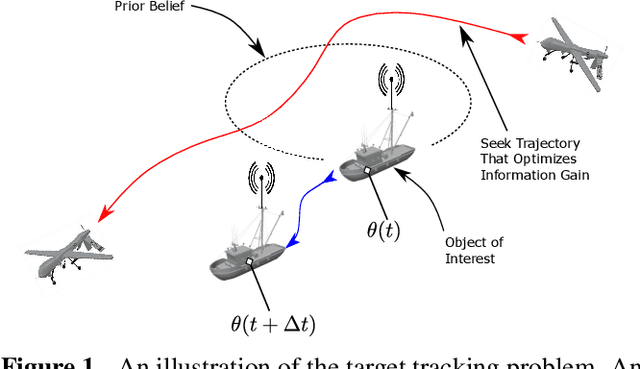
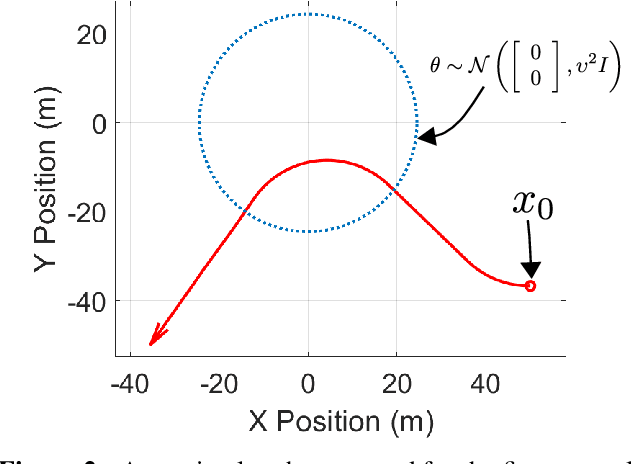
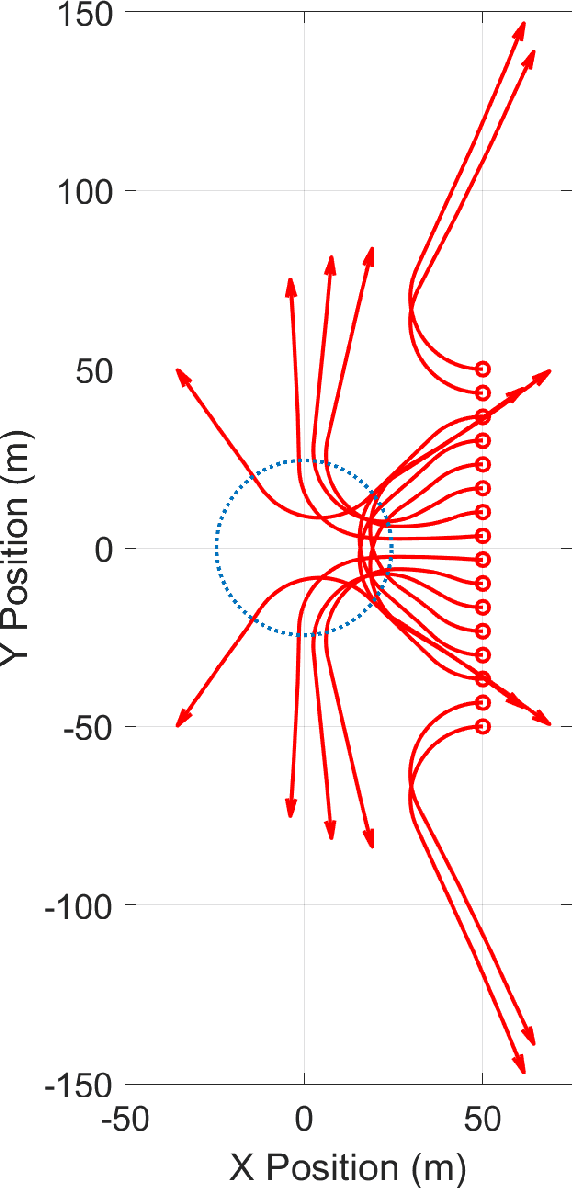
Abstract:We study a scenario where an aircraft has multiple heterogeneous sensors collecting measurements to track a target vehicle of unknown location. The measurements are sampled along the flight path and our goals to optimize sensor placement to minimize estimation error. We select as a metric the Fisher Information Matrix (FIM), as "minimizing" the inverse of the FIM is required to achieve small estimation error. We propose to generate the optimal path from the Hamilton-Jacobi (HJ) partial differential equation (PDE) as it is the necessary and sufficient condition for optimality. A traditional method of lines (MOL) approach, based on a spatial grid, lends itself well to the highly non-linear and non-convex structure of the problem induced by the FIM matrix. However, the sensor placement problem results in a state space dimension that renders a naive MOL approach intractable. We present a new hybrid approach, whereby we decompose the state space into two parts: a smaller subspace that still uses a grid and takes advantage of the robustness to non-linearities and non-convexities, and the remaining state space that can by found efficiently from a system of ODEs, avoiding formation of a spatial grid.
Policy Evaluation and Seeking for Multi-Agent Reinforcement Learning via Best Response
Jun 20, 2020

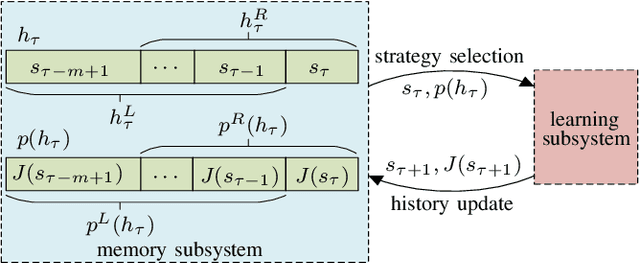
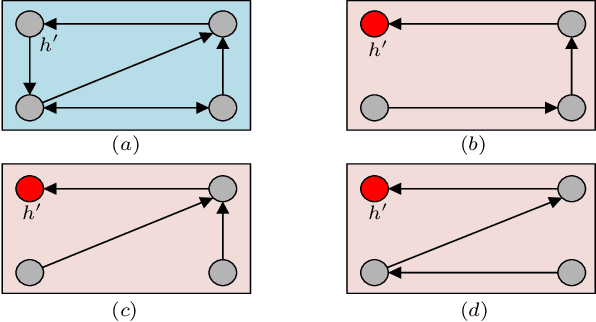
Abstract:This paper introduces two metrics (cycle-based and memory-based metrics), grounded on a dynamical game-theoretic solution concept called sink equilibrium, for the evaluation, ranking, and computation of policies in multi-agent learning. We adopt strict best response dynamics (SBRD) to model selfish behaviors at a meta-level for multi-agent reinforcement learning. Our approach can deal with dynamical cyclical behaviors (unlike approaches based on Nash equilibria and Elo ratings), and is more compatible with single-agent reinforcement learning than alpha-rank which relies on weakly better responses. We first consider settings where the difference between largest and second largest underlying metric has a known lower bound. With this knowledge we propose a class of perturbed SBRD with the following property: only policies with maximum metric are observed with nonzero probability for a broad class of stochastic games with finite memory. We then consider settings where the lower bound for the difference is unknown. For this setting, we propose a class of perturbed SBRD such that the metrics of the policies observed with nonzero probability differ from the optimal by any given tolerance. The proposed perturbed SBRD addresses the opponent-induced non-stationarity by fixing the strategies of others for the learning agent, and uses empirical game-theoretic analysis to estimate payoffs for each strategy profile obtained due to the perturbation.
 Add to Chrome
Add to Chrome Add to Firefox
Add to Firefox Add to Edge
Add to Edge